My favourite bit of The Great European Disaster (BBC4, Sunday) was the lingering shot that showed golden heads of corn stirring gently in the breeze. It was captioned ‘Europe’.
I cannot even begin to describe what a powerful effect this had on my subconscious. It was worthy of Leni Riefenstahl. Indeed, when I experimentally turned off the colour, it was Leni Riefenstahl. ‘Bloody hell!’ I thought to myself. ‘Suddenly it all makes sense.’
But my journey of discovery and enlightenment was only just beginning. I haven’t yet told you what the Ukrainian peasant said. I forget his exact words, but it was something along the lines of, ‘When I think of Europe, I think of the ample bosom of the most loving mother since the Virgin Mary; of peace, harmony, serenity, abundant harvests, fantastical tractor production rates…’
None of this emotive stuff, though, would have had nearly as much impact if it hadn’t been backed up by some serious and very convincing intellectual arguments as to why — as the programme’s thesis had it — the break-up of the European Union would be a disaster for us all. Here are a few of them:
Dead body. By dwelling at great length on a grotesque photograph of a rotting, discoloured corpse in a pit, the programme illustrated that thanks to the EU we have never experienced hideous conflicts like the Yugoslav civil war, where the photo was taken.
Ritterkreuz. A distinguished elderly German woman showed us the Iron Cross that her father had won in the Western Desert, and the one her grandfather had won in the first war. Thanks to the EU, she asserted, their descendants will never have to fight in any more wars. Hurrah!
Conchita Wurst. The victory of a bearded man in a dress in the Eurovision Song Contest, the programme assured us, was an utterly magnificent thing which might never have happened without the EU.
Planes will fall out of the sky. This was illustrated courtesy of the light comic acting skills of Angus Deayton, sitting in a pretend plane next to a sweet little girl who had just been deported by Prime Minister Nigel Farage (even more evil than he was in Ukip: The First 100 Days, apparently) explaining to her how lovely the EU was. Bizarrely, even though the plane was obviously doomed, none of the passengers seemed that scared, which rather defeated the object of the metaphor.
Well, you get the idea. I have seen some dismal, clodhoppingly propagandistic, lefty dross on the BBC in my time — Richard Curtis’s The Girl in the Café; Countryfile; anything on Gaza or global warming — but The Great European Disaster truly was in a league of its own. If this risible tosh is all the thanks the EU gets for the £22 million it has donated to the BBC in the past few years then I think it has every right to sue for defamation of character.
Was the editor of Storyville — the BBC blue-ribbon documentary slot that has shown such masterpieces as Little Dieter Needs to Fly — really happy to toxify his brand with this drivel? If he wasn’t, he should resign. If he was, he should consider retiring to his study with a bottle of whisky and his service pistol.
Still, the BBC is at least to be congratulated on scheduling it immediately after a programme called Arts Question Time, which is like Question Time, only with questions about the arts instead of politics, and with an earnest, whiny audience agitating about such vital issues of the day as ‘Why aren’t there more working-class/ethnic minority/disabled Hollywood directors?’, with a panel so agonisingly bien-pensant no one dares say anything remotely contentious like, say, ‘Who cares about the identity or background of the people making the art? All that should matter is: is the art any good?’ Such was its dreary worthiness, it made the European Disaster look almost exciting by comparison.
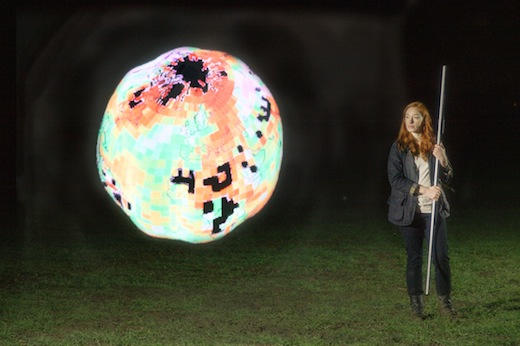
Finally, Climate Change By Numbers (BBC4, Monday). We’re going to see a lot more programmes like this in the run-up to the next big climate talks in Paris in December: slick, superficially plausible attempts to reposition ‘global warming’ as a key issue of concern in the public consciousness.
Its arguments went something like this: climate change is real because nice, smiley girl with red hair; climate change is real because maths; climate change is real because potted history of US sea captain who standardised methods for measuring water temperature; climate change is real because Tottenham Hotspur; etc. With these ingenious distractions, it effortlessly swerved contentious issues such as the fact that the entire 20th-century temperature record has been subjected to unexplained — and probably unjustifiable — adjustments. I wonder what percentage of its presumably tiny audience it convinced.
Got something to add? Join the discussion and comment below.
Get 10 issues for just $10
Subscribe to The Spectator Australia today for the next 10 magazine issues, plus full online access, for just $10.
You might disagree with half of it, but you’ll enjoy reading all of it. Try your first month for free, then just $2 a week for the remainder of your first year.


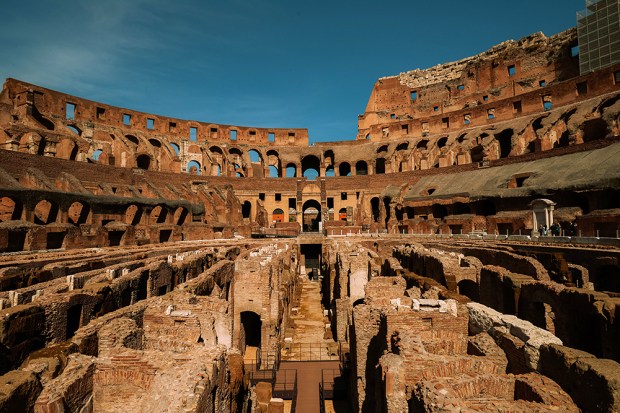
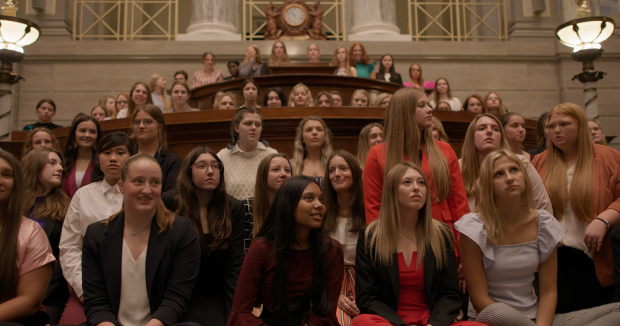


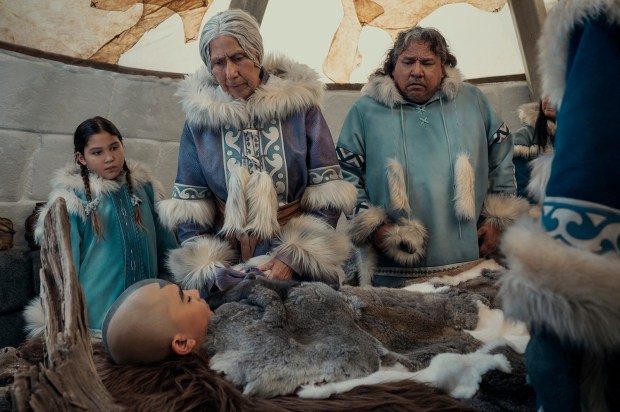
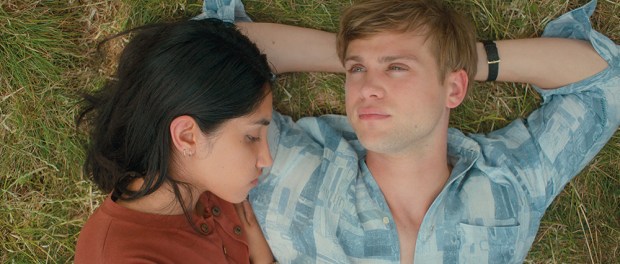






Comments
Don't miss out
Join the conversation with other Spectator Australia readers. Subscribe to leave a comment.
SUBSCRIBEAlready a subscriber? Log in